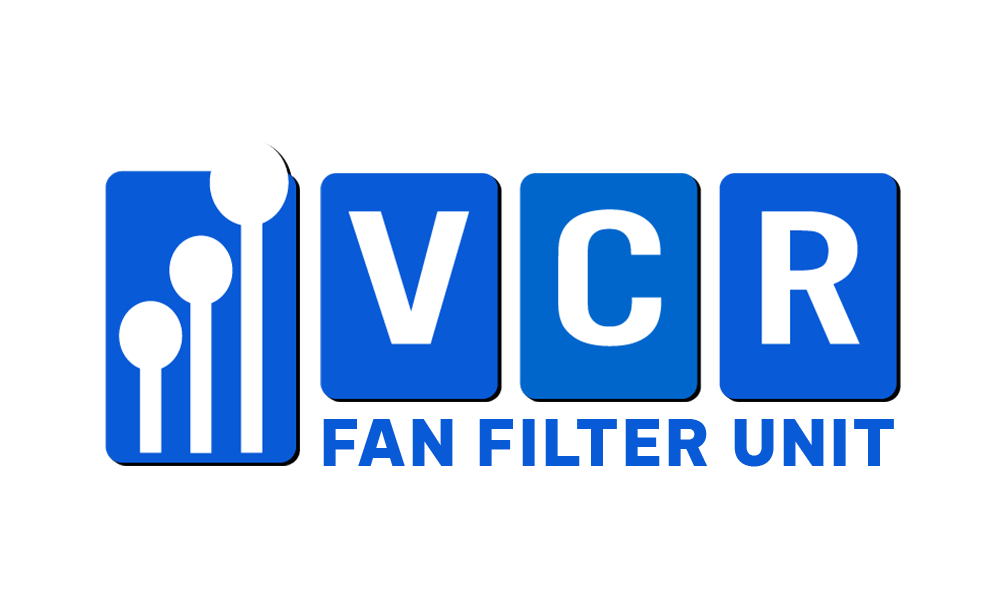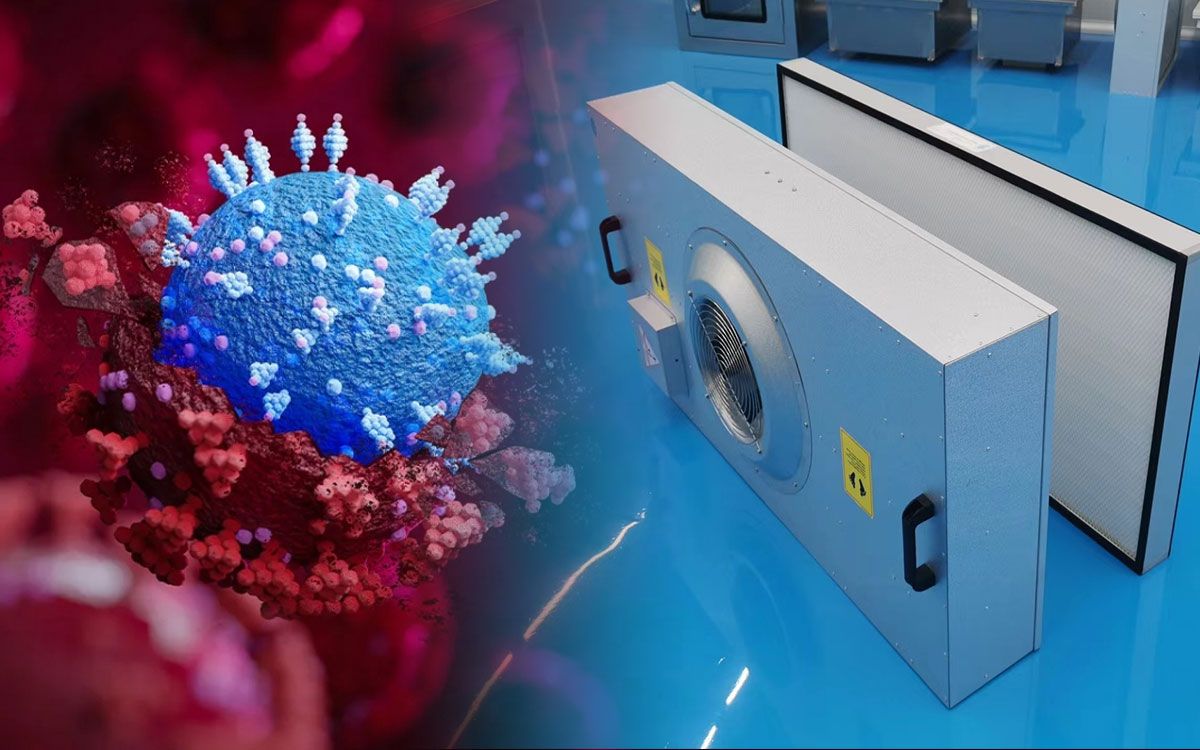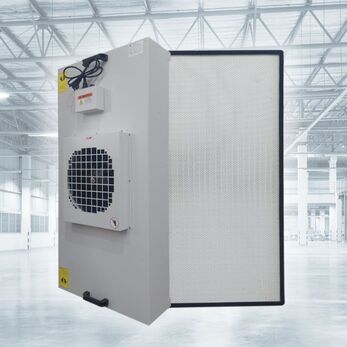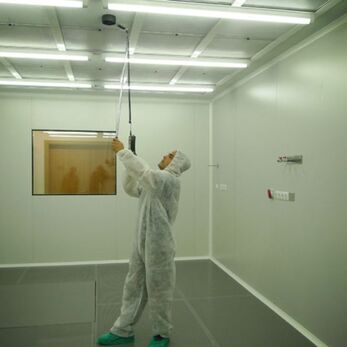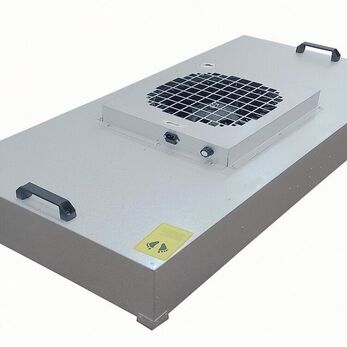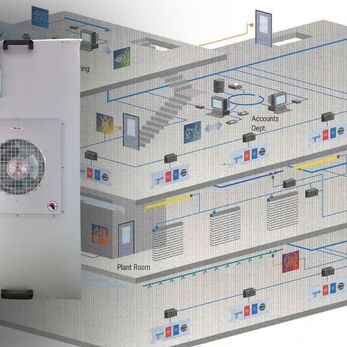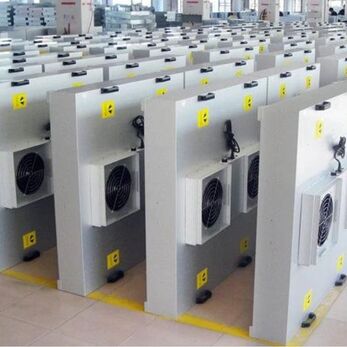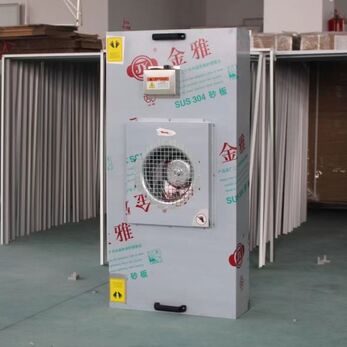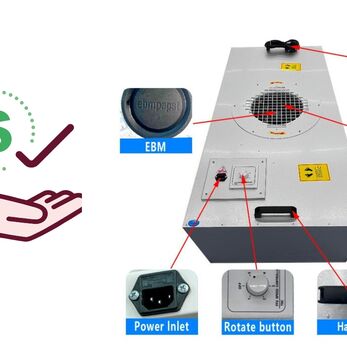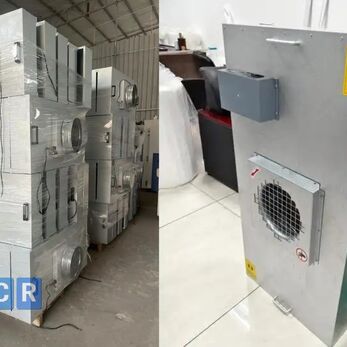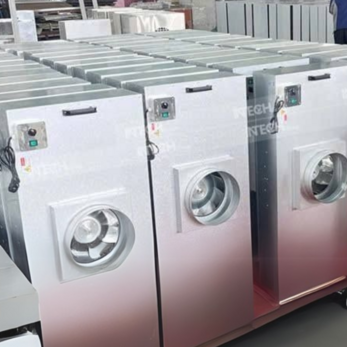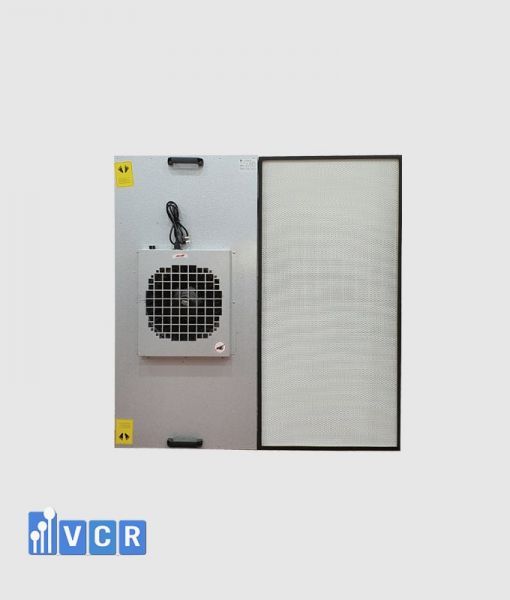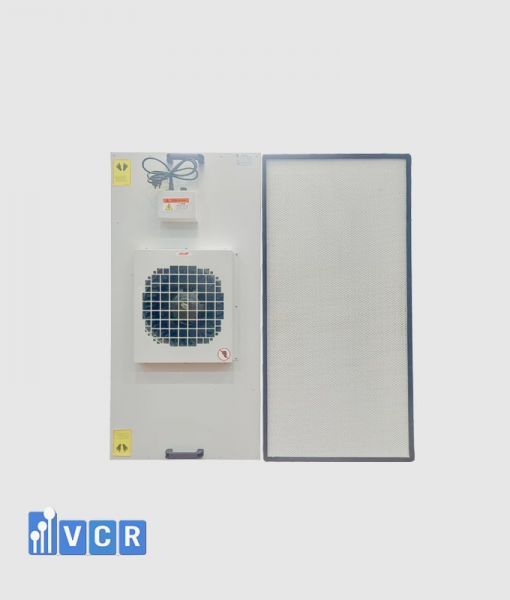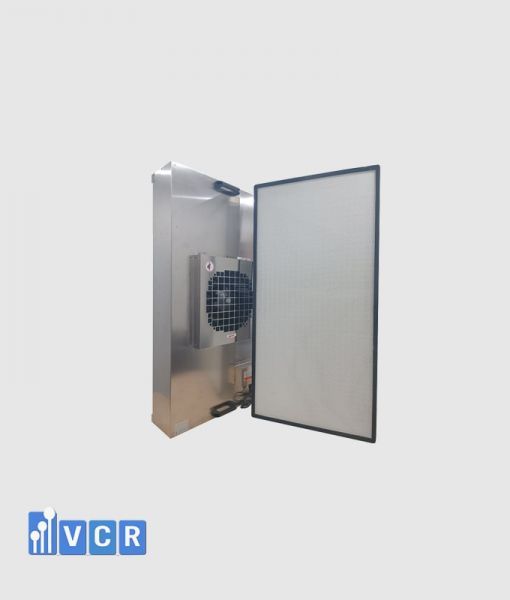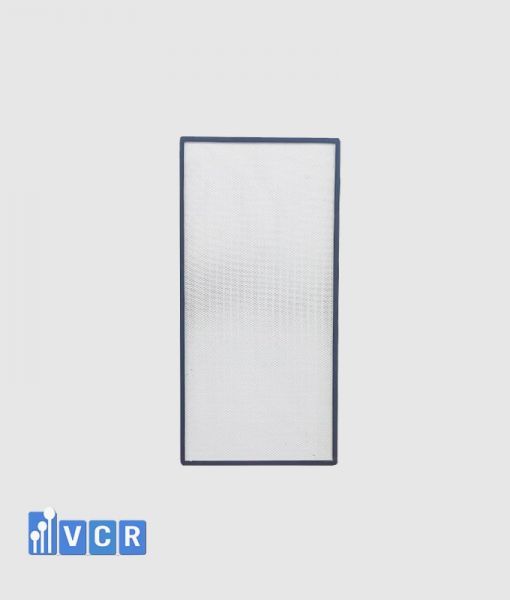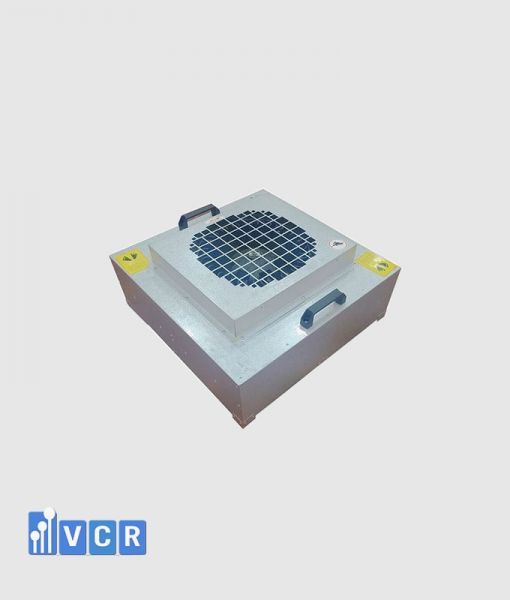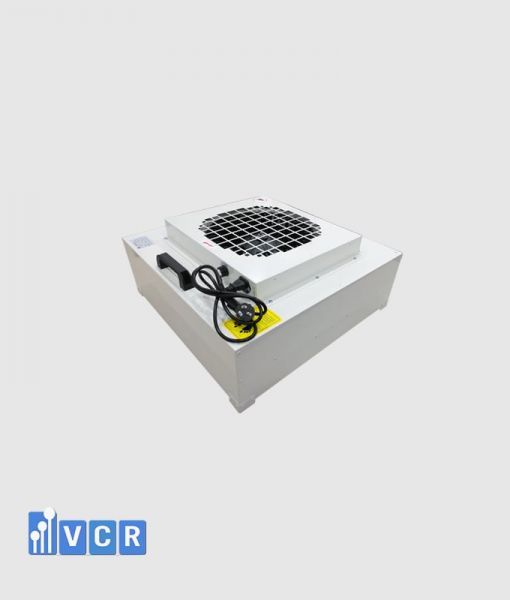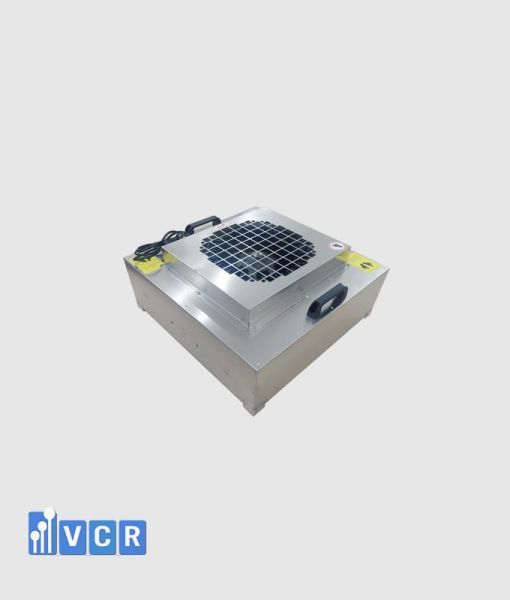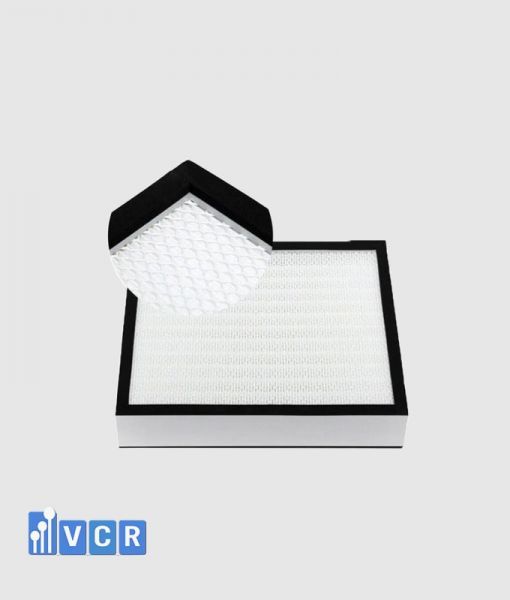While masks and social distancing remain crucial in combating COVID-19, concerns about airborne transmission have turned many towards HEPA and ULPA fan filter units (FFUs).
This article delves into their effectiveness against the virus, highlighting their potential and limitations.
Understanding Airborne Transmission
The COVID-19 virus primarily spreads through respiratory droplets and aerosols generated by coughing, sneezing, and even breathing. In poorly ventilated spaces, these particles can linger for hours, increasing transmission risk.
How Air Filtration Systems Offer Protection
Air filtration systems like FFUs equipped with HEPA or ULPA filters can play a role in minimizing airborne viral load. They work by capturing these particles as air circulates within the space. While not a standalone solution, they can be a valuable addition to established safety measures.
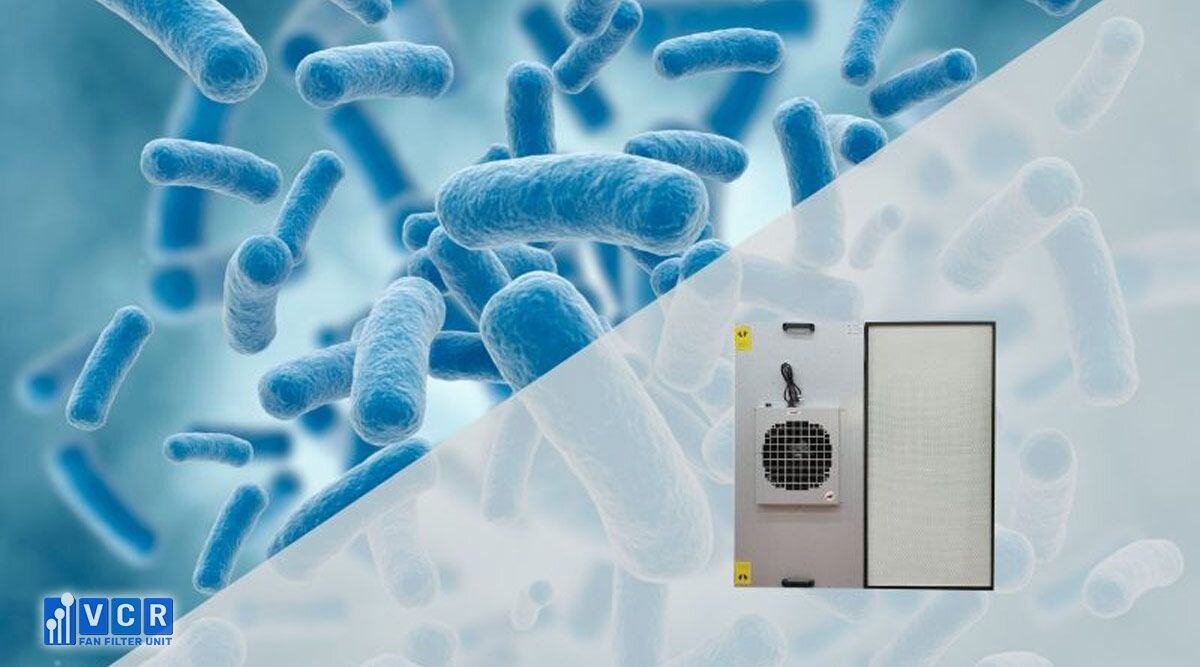
See more: What is FFU
HEPA vs. ULPA Filters
- HEPA (High-Efficiency Particulate Air) filters: Capture 99.99% of particles down to 0.3 microns. While the COVID-19 virus itself is slightly smaller (0.125 microns), it often travels on larger respiratory droplets effectively trapped by HEPA filters.
- ULPA (Ultra Low Penetration Air) filters: Offer even greater efficiency (99.999%) at capturing particles down to 0.12 microns, theoretically removing most airborne COVID-19 particles. However, their finer filters can restrict airflow, requiring careful consideration for ventilation needs.
Key Considerations
- Not a guaranteed solution: No air filtration system, including FFUs, offers complete protection against COVID-19. They should be used in conjunction with masks, social distancing, and proper ventilation.
- Selection and placement: Selecting the right filter type (HEPA or ULPA) and strategically placing FFUs within the space are crucial for maximizing effectiveness. Consulting with an HVAC professional is recommended.
- Maintenance: Regular filter replacements are essential to maintain optimal performance.
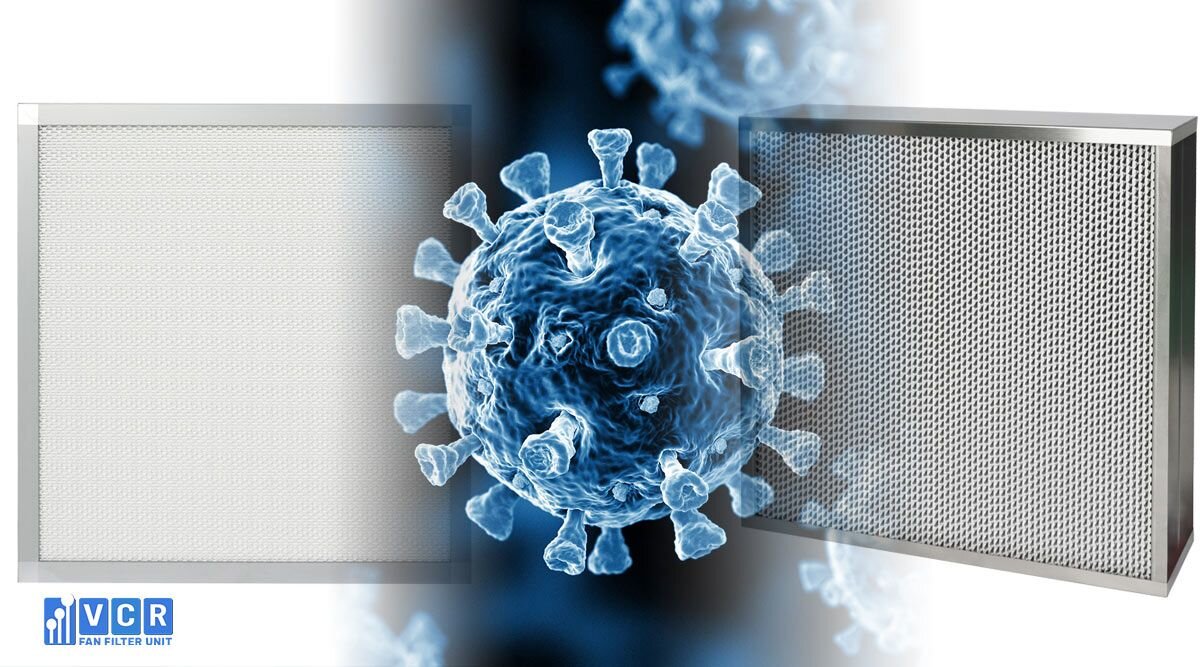
See more: Necessary of Fan Filter Units in Cleanroom
Ultraviolet (UV) Light as a Supplement
UV light disinfection holds promise as a supplementary measure. By damaging the DNA of viruses and bacteria, it can inactivate COVID-19 on surfaces and potentially in the air, particularly when integrated with FFUs. However, proper dosage and exposure time are critical for effectiveness.
FFUs with HEPA or ULPA filters can contribute to mitigating airborne COVID-19 transmission, but they are not a replacement for established safety measures like masks and social distancing. Consult with experts to select, install, and maintain these systems effectively for optimal protection.


